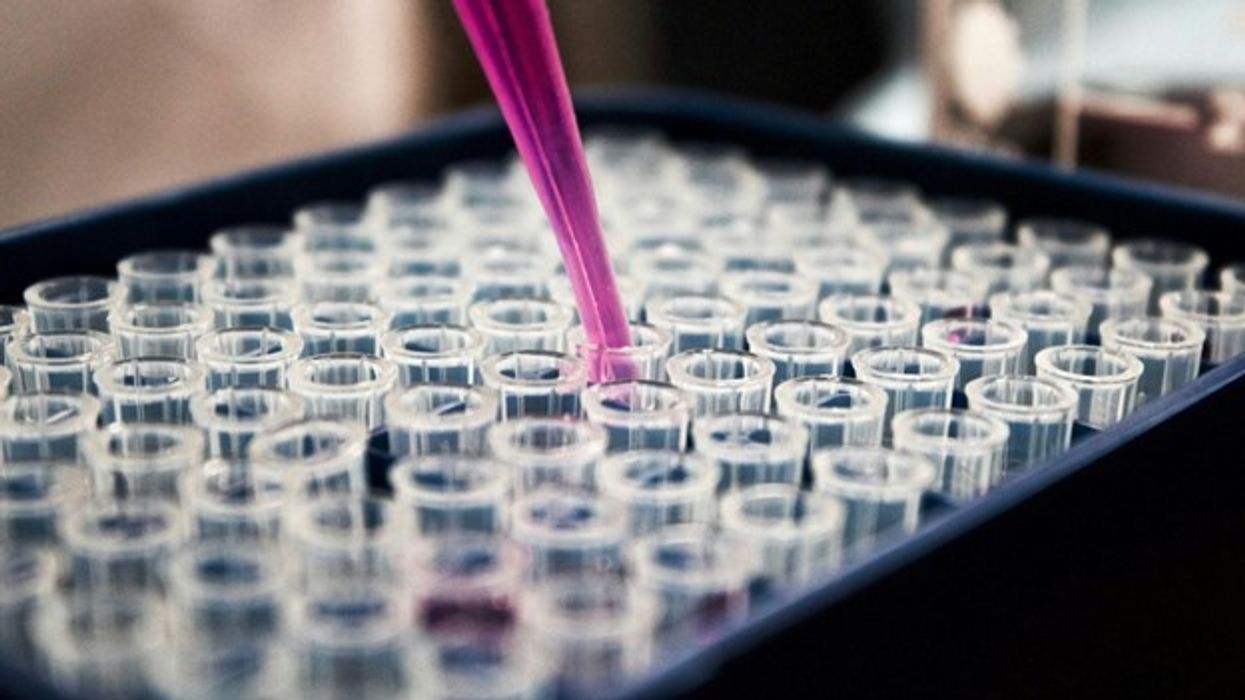Key Summary
- Since 2018, UK pharmaceutical R&D investment has underperformed against global trends, with a significant slowdown starting in 2020
- Life sciences foreign direct investment into the UK was around 58 percent lower in 2023 than in 2017
- The UK’s ranking among comparator countries fell from a high of 2nd in 2017 to 7th in 2023
The UK is losing the race for investment in R&D, clinical trial delivery, and foreign direct investment for pharma investment and research, says an ABPI study.
A new Pharmaceutical Competitiveness Framework shows that the UK has been facing increasing drags on competitiveness for the past six years.
The ABPI Framework, ‘Creating the Conditions for Investment and Growth,’ outlines the key factors that drive international competitiveness for pharmaceuticals, ranking the UK among its peers and highlighting the country's relative strengths and weaknesses.
In addition to the 48 competitiveness indicators used to benchmark the UK’s attractiveness, the Framework also presents summaries of the strengths and weaknesses of competitor countries.
Since 2018, UK pharmaceutical R&D investment has underperformed against global trends, with a significant slowdown starting in 2020, when UK's annual growth fell to 1.9 percent, behind the global average of 6.6 percent.
Pharmaceutical industry investment in R&D actually fell in 2023 by nearly £100 million.
Life sciences foreign direct investment into the UK was around 58 percent lower in 2023 (£795 million) than in 2017 (£1.89 billion).
The UK’s ranking among comparator countries fell from a high of 2nd in 2017 to 7th in 2023.
The UK’s global ranking for commercial clinical trial placement has also declined steadily since 2018 among comparator nations, although there were small signs of improvement in 2023.
Meanwhile, Spain has established itself as the number one European destination for commercial clinical trials since 2020.
The study lists top academic institutions, world-class research infrastructure, and rich ecosystem of biotech companies as UK's competitive strengths.
It cites low investment in medicine, poor patient access to medicines, unpredictable clawbacks, and poor clinical trial delivery as its weaknesses.
ABPI chief executive Richard Torbett said: “The UK has a world-class science base and the potential to lead globally in developing the next generation of medicines and vaccines. But without a more competitive environment for investment, we risk losing out to other countries making bold moves to attract internationally mobile investment."
AstraZeneca UK president Tom Keith-Roach said, "New and innovative medicines are essential to improving patient outcomes and have huge potential to boost British economic growth and support delivery of the NHS 10 Year Plan. The Competitiveness Framework underscores the importance of investing in the next generation of medicines and pulling them through to the patients who can benefit.”
Johan Kahlström, country president & managing director, Novartis UK & Ireland, said, “The UK has long held the ambition to be a global leader in life sciences, and we continue to believe that this is within reach.
"But ambition alone is not enough. The UK invests significantly less in medicines than our European peers, and the NICE cost-effectiveness threshold – unchanged in over 25 years – continues to block patient access to breakthrough treatments."












